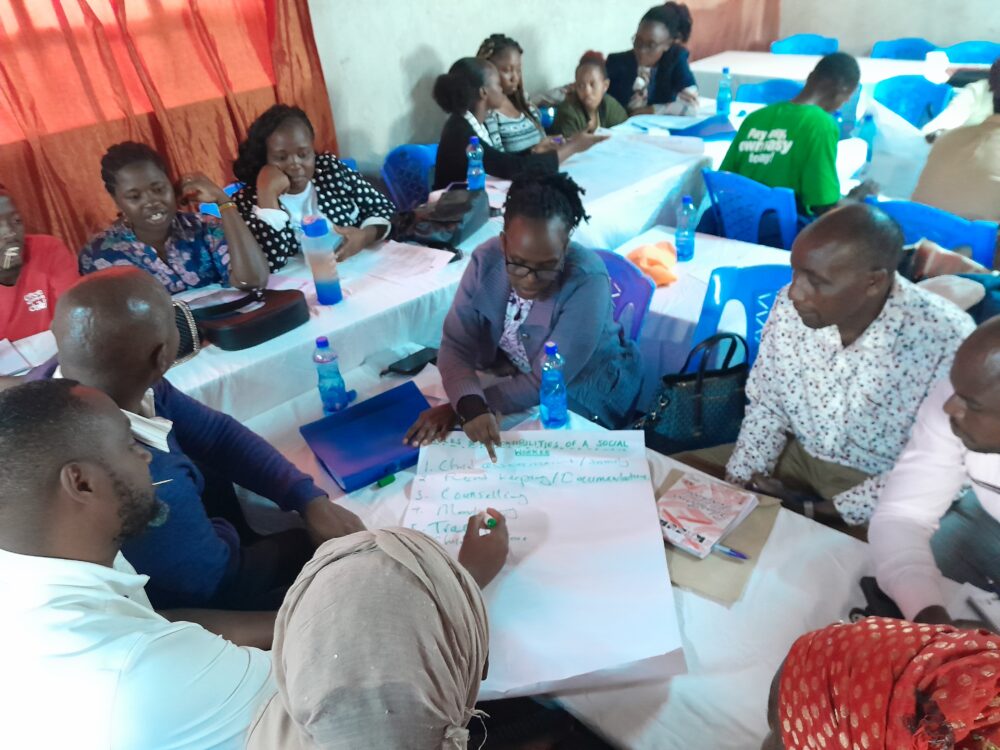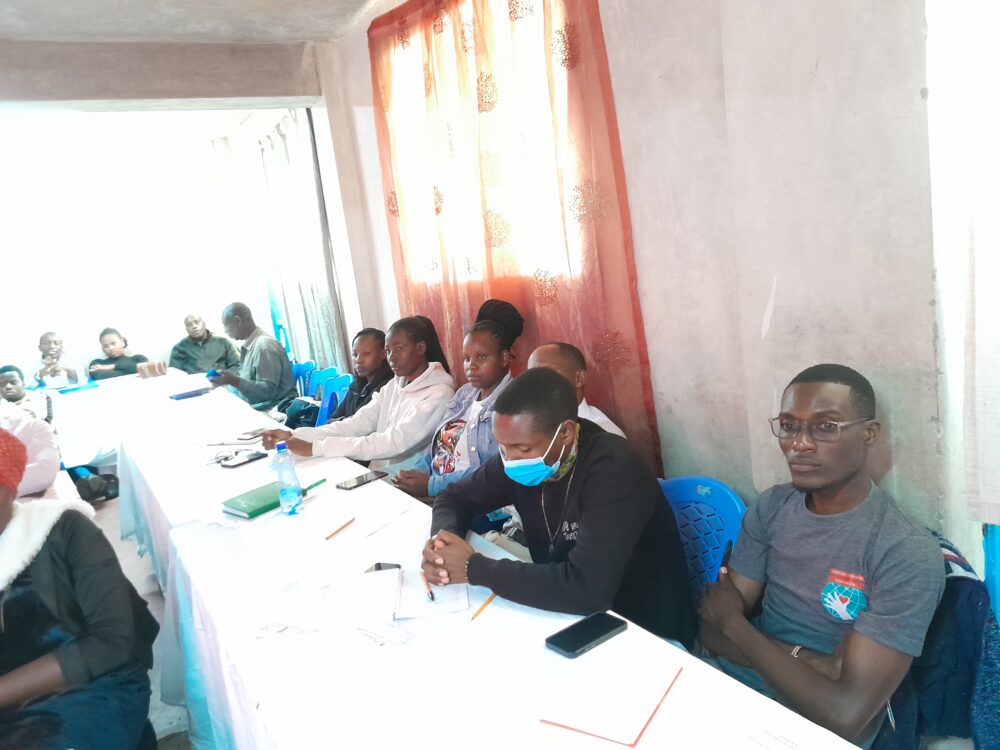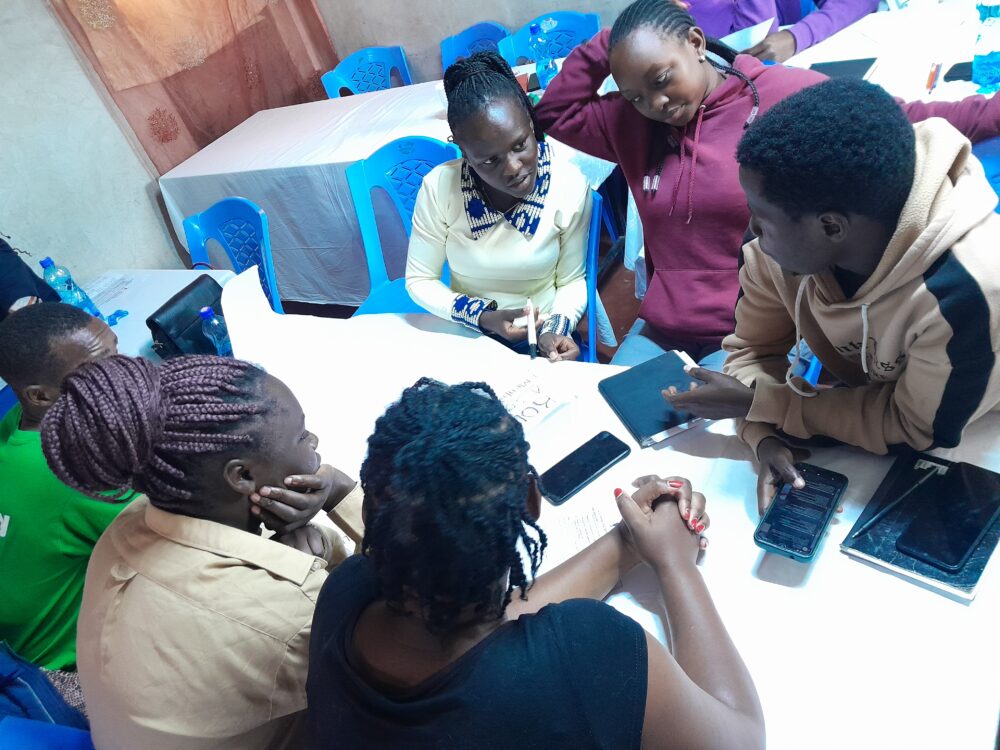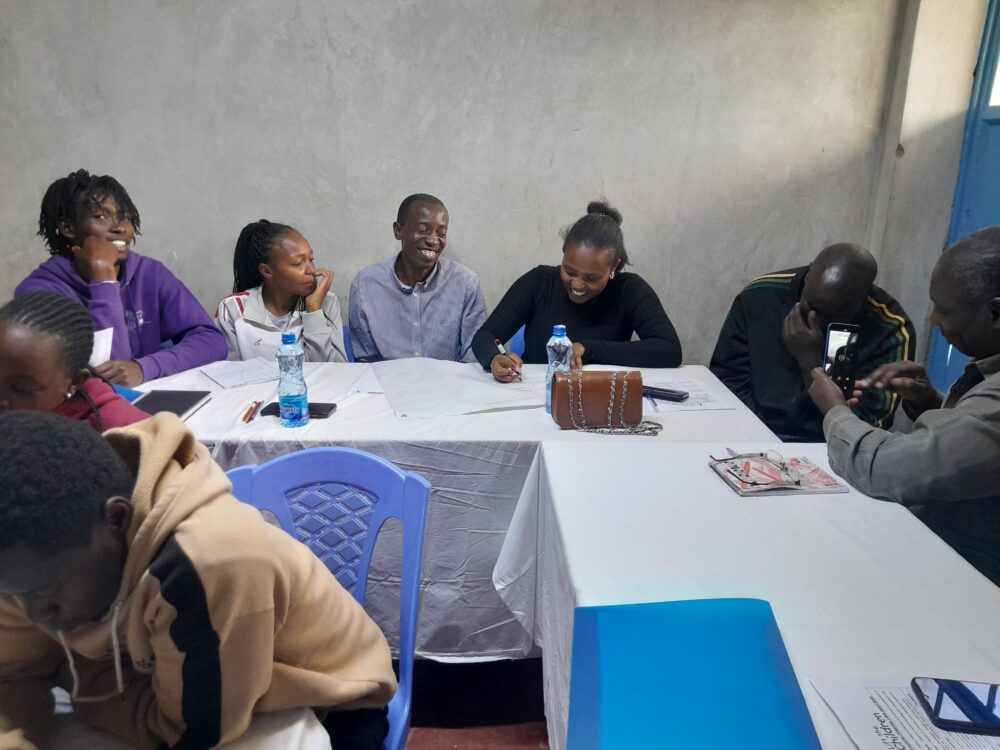
Securing the Child’s Journey: Best Practices in Filing and Record-Keeping
22 April 2025
At Lift the Children, we believe in empowering those at the heart of child care — the social workers. In our continued efforts to build strong systems that protect and uplift vulnerable children, we recently hosted an engaging and impactful training session for social workers serving in our supported children’s homes.
Held in a warm, collaborative atmosphere, the session focused on two key themes: effective documentation and filing procedures, and understanding the evolving roles of social workers under Kenya’s Children Act, 2022.

📂 Why Documentation and Filing Matter
A major highlight of the training was a deep dive into creating standardized, secure, and child-centered filing systems. Together, we unpacked the importance of documentation in supporting case management, safeguarding children, and ensuring institutional accountability.
Participants explored the concept of the “Living File” — a comprehensive, chronological record of a child’s journey, capturing everything from medical milestones to court orders and school performance. We also introduced the “Four Voices” model of documentation, which ensures every child’s file reflects input from:
- The Child (e.g. school reports, letters)
- The Government (e.g. committal orders, OB numbers)
- The Institution (e.g. assessment reports, care updates)
- The Community (e.g. medical records, church participation)
We emphasized the creation of both a Master File (secure, legal documentation) and a General File (daily activity logs), and discussed digital safety, consent, and the requirements of the Data Protection Act, 2022.

👩⚖️ Reaffirming the Role of Social Workers
The second part of the training reconnected our social workers with the legal and ethical responsibilities outlined in the Children Act. From developing individualized care plans to coordinating family reintegration, the role of the social worker has never been more central or more complex.
We unpacked:
- Child protection protocols
- Family tracing and reintegration pathways
- Case planning and legal advocacy
- Psycho-social support strategies
- Educational and career guidance
- Monitoring and impact assessment
Through group discussions, role plays, and case studies, social workers reflected on their work, shared challenges, and co-created practical solutions for better service delivery.

💬 Voices from the Field
The feedback we received was both humbling and energizing:
“The training was so fun and interactive, many thanks and blessings galore to our facilitators of the day ♥️”
“I now understand how important it is to involve the child’s voice in everything — their file really is their story.”
“I feel equipped to train others in my home. We’ve already started reorganizing our filing cabinet!”
🧩 Looking Ahead
This training was more than a session — it was a shared commitment to elevating the care we offer children in CCIs. As one participant put it, “We are not just keeping records. We are protecting lives.”
We are proud of the energy and insight brought by every social worker in the room, and we look forward to continued collaboration as we support children’s homes in delivering safe, nurturing, and family-oriented care.
Stay tuned for more training stories from the field!


